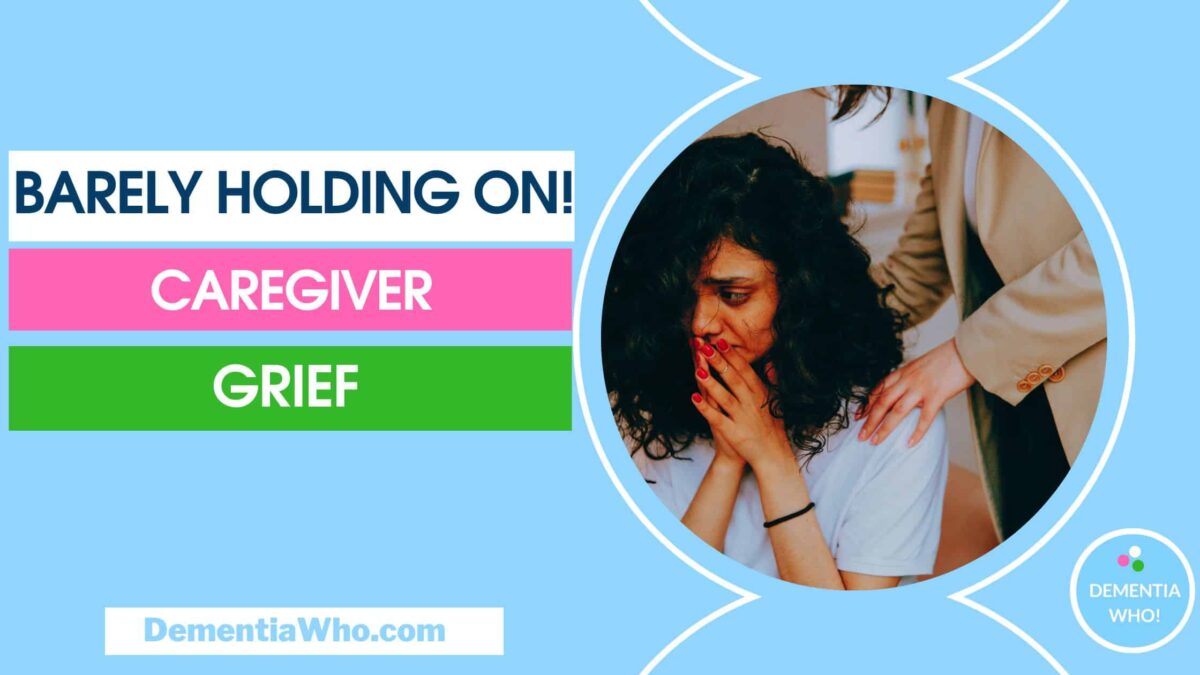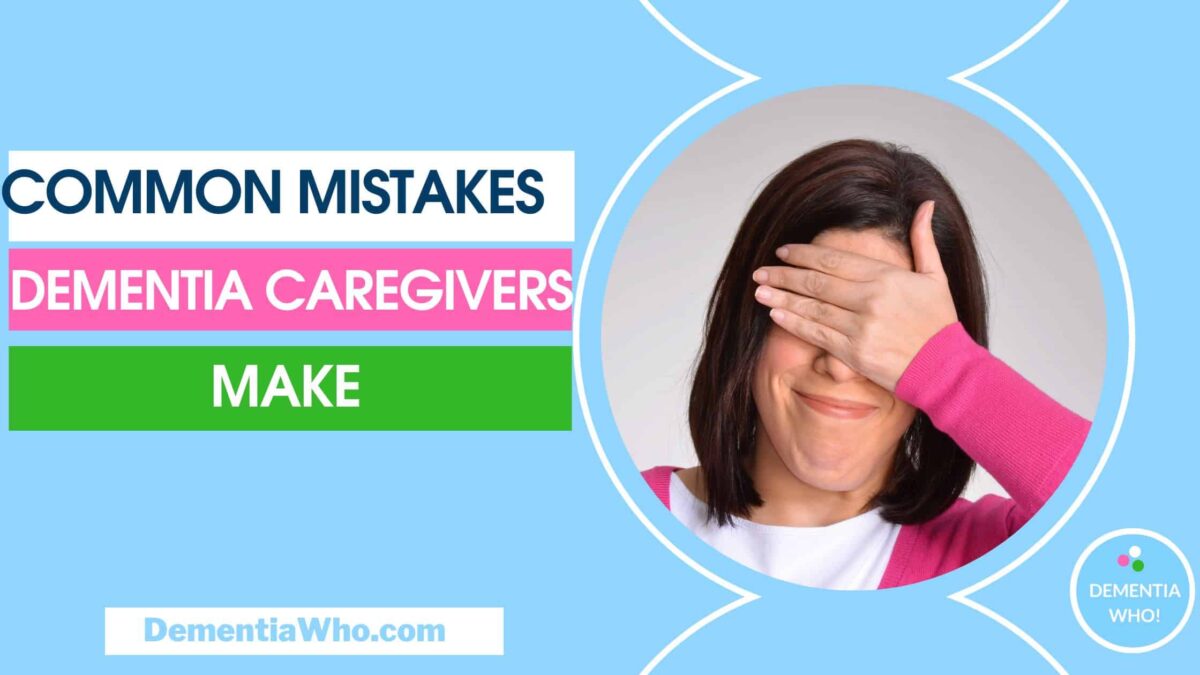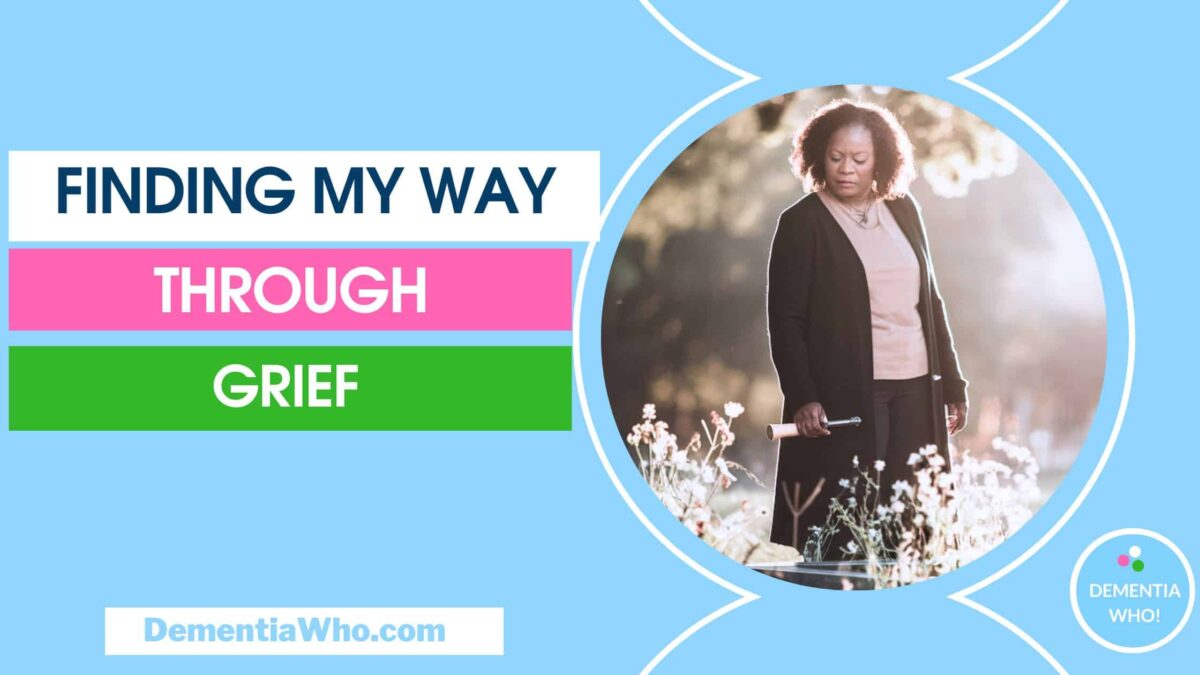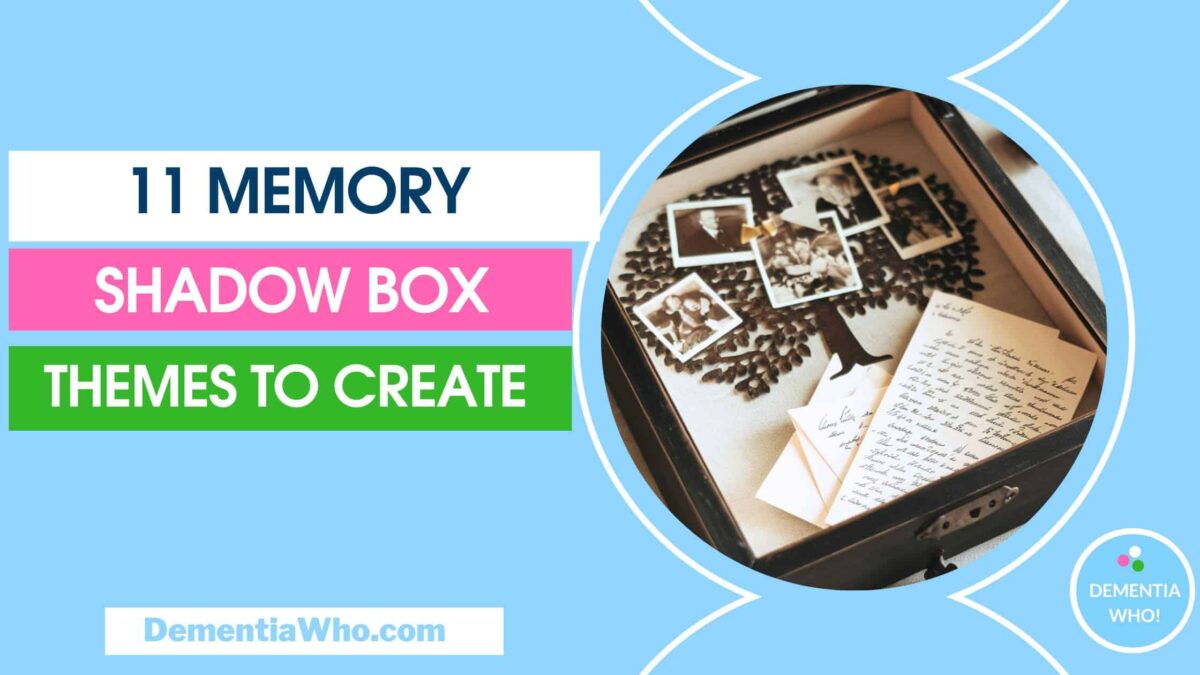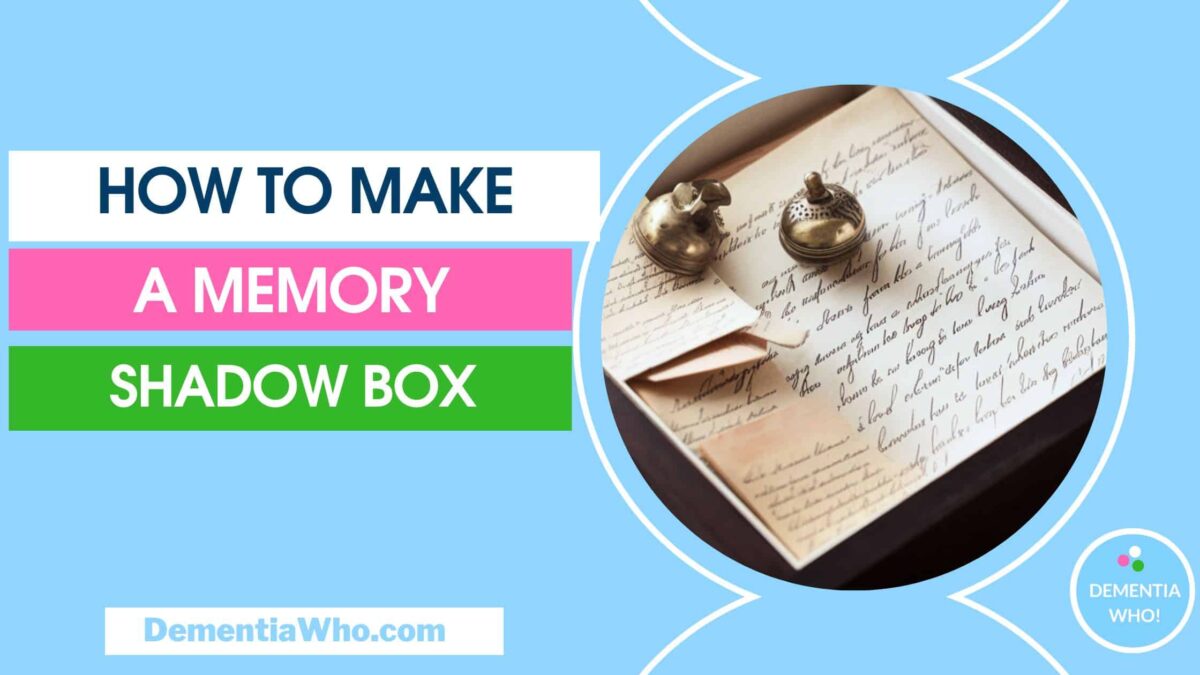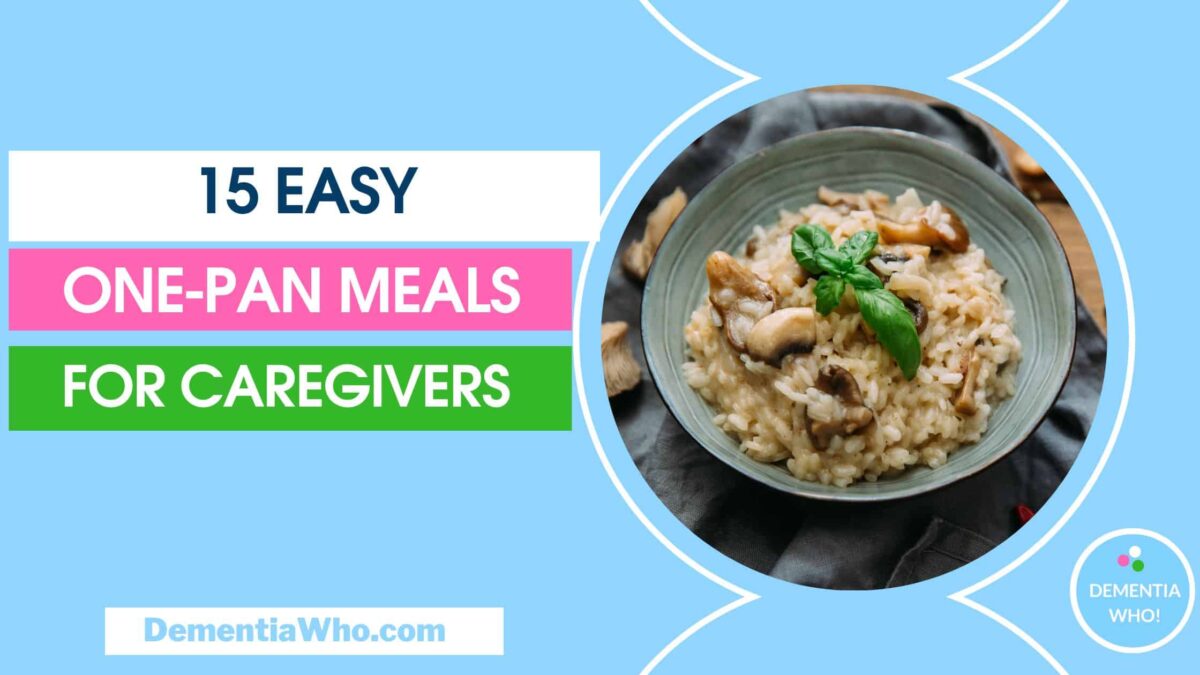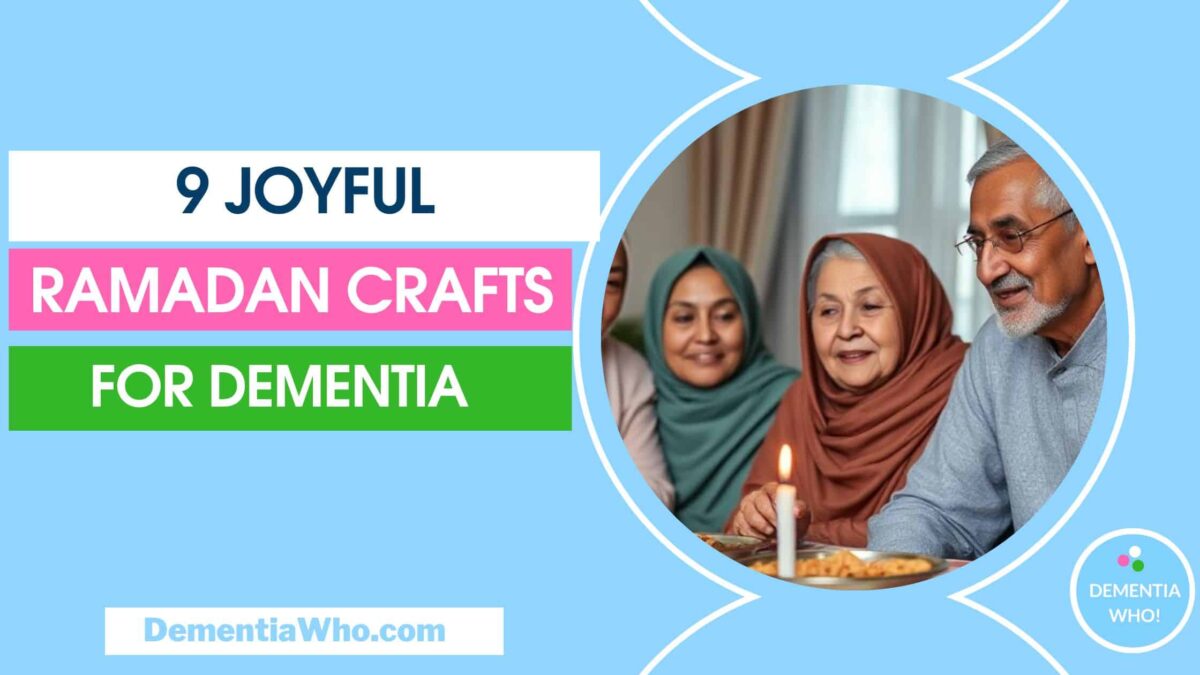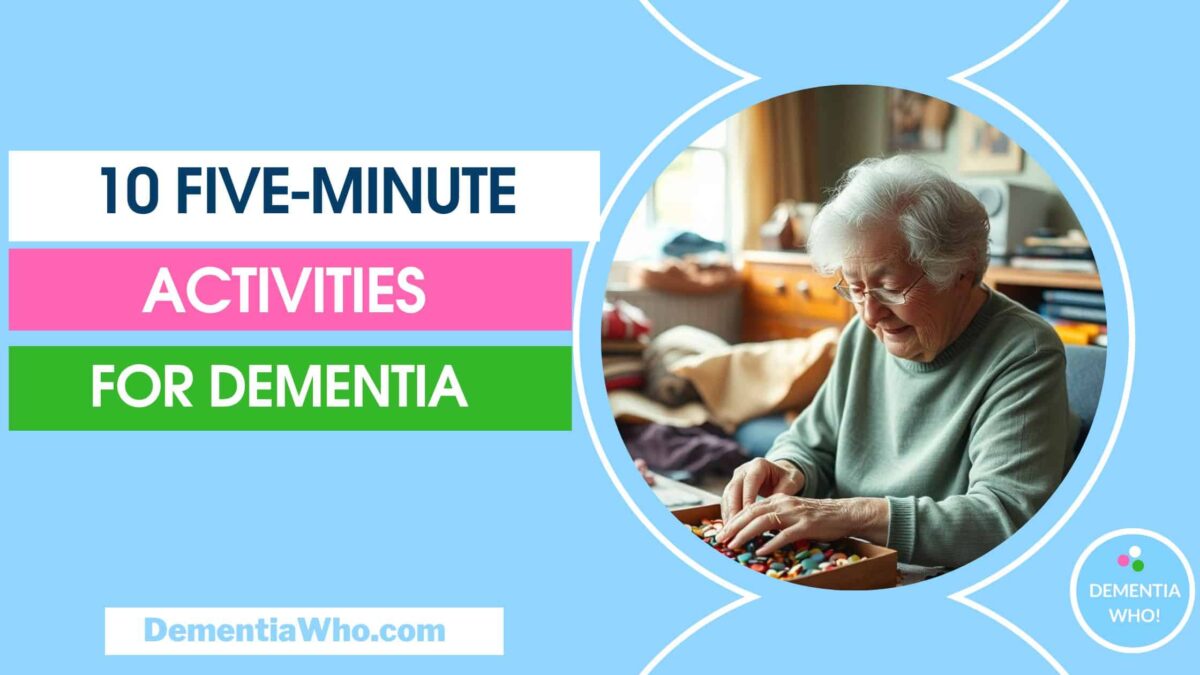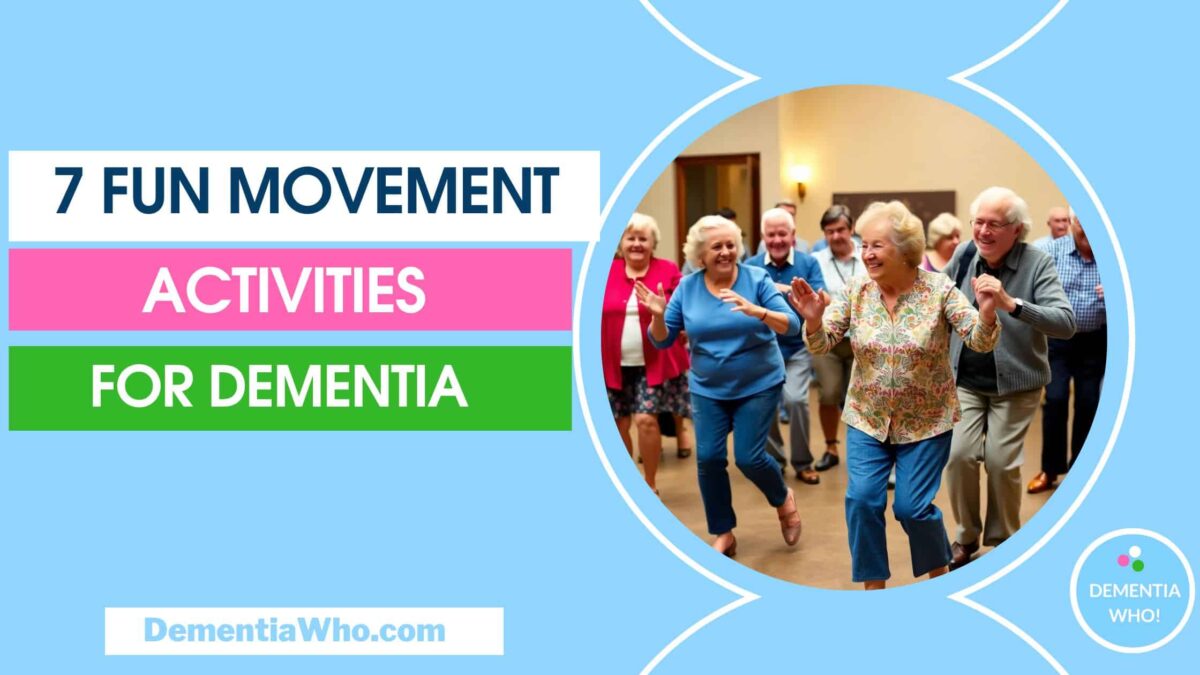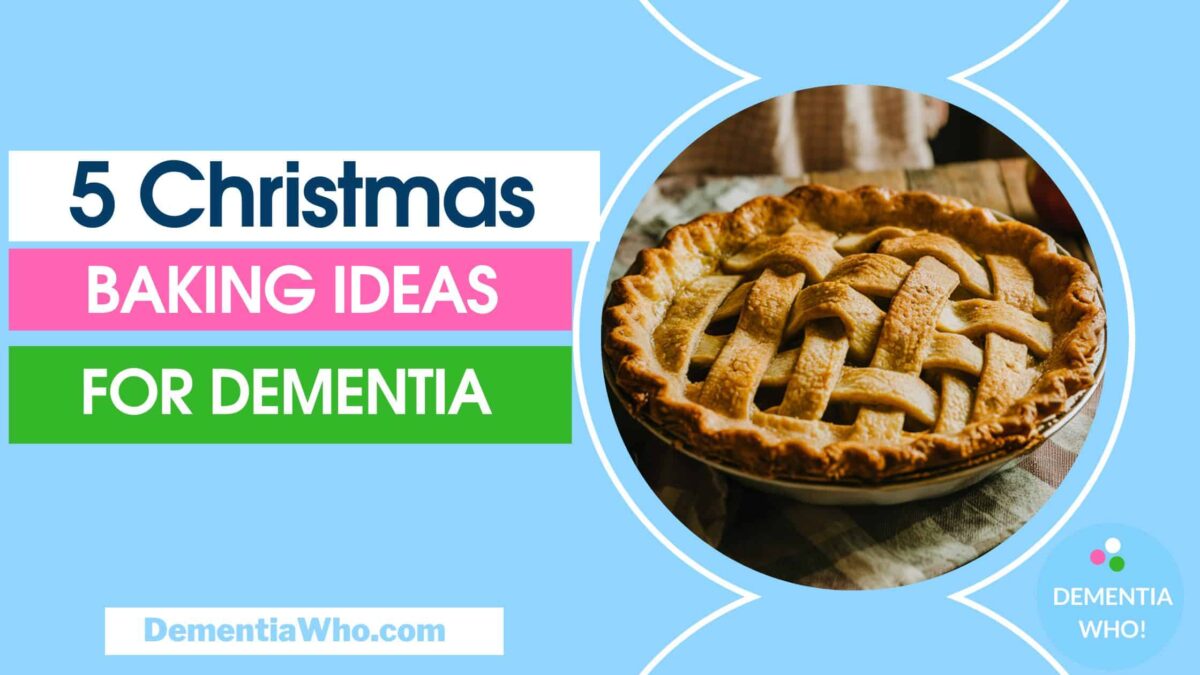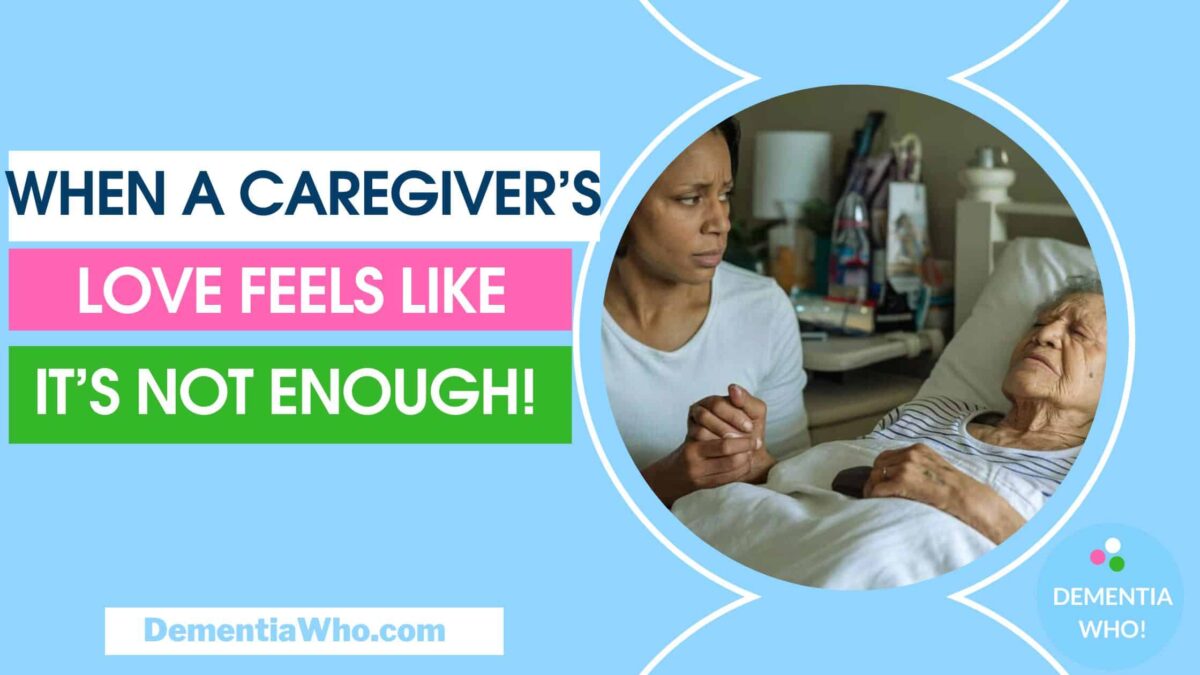Some families with dementia haven’t heard of the work of Admiral Nurses. They may have heard about Dementia UK but have not linked it to Admiral Nurses. Dementia UK is THE charity that runs the Admiral Nurse service. It aims to promote, develop and support the Admiral Nurse Service.
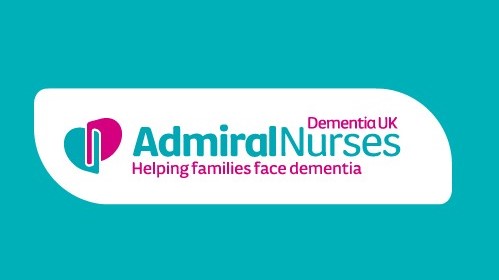
Admiral Nurses are a lifeline to families living with dementia. I experienced that last year when Admiral Nurse Kerry Lyons reached out and helped me with mum’s Alzheimer’s. You can read more in my post Is It Helpful To Talk To An Admiral Nurse?
Admiral Nurses: 9 Essential Things You Probably Don’t Know But Should!
- They don’t just look after the person with dementia or just the caregiver/ carer they look after the whole family
- They support you through the dynamic changes that occur as dementia progresses, taking a holistic approach through those difficult emotional, physical and psychological changes.
- They are all trained to work through the Admiral Nurse Assessment framework for each family, looking at areas as listed below. So you can see how much they cover and have experience of to be able to help and support you throughout your dementia journey.

- Admiral Nurses are are Registered Mental Nurses, or Registered Nurses with a dementia care specialism/ experience.
- Think of them as being similar to Macmillan nurses specialist in cancer care. Admiral Nurses are specialist nurses in dementia care
- Dementia UK work hard to ensure that Admiral Nurses maintain their specialism through regular training, and events through professional and practice development in their new Admiral Nurse Academy!
- Hilda Hayo is the CEO and the Chief Admiral Nurse.
- A CEO that still undertakes clinical work as an Admiral Nurse specialising in Young Onset Dementia.
- Isn’t that amazing, not only is she an Admiral Nurse but is still working. How many CEO’s do you know that have even worked in their field vs just running a large organisation. Imagine how relatable every Admiral Nurse’s story or story from a family of dementia is?
- They receive NO GOVERNMENT funding
- All their money comes from donations, organisations and volunteers, gifts, Wills, and fundraising etc
- Admiral Nurses are limited in numbers just over 300 (but growing everyday) compared to over 12,000 of Macmillian nurses
- that’s why every fundraising, donation or gift is so important to help increase the number of nurses that can be trained allowing more Admiral Nurse Services to be opened across the country.
- They are free at the point of service
- Admiral Nurses work with families across care settings that families experience including GP practices, hospitals, care homes, and at home and now Admiral Nurse Clinics
- If you don’t have a local service then you can also contact them through their helpline or via email
- Admiral Nurses were named by the family of Joseph Levy CBE BEM, the founder of Dementia UK
- He had vascular dementia but was affectionately known as ‘Admiral Joe’ thanks to his love of sailing. Hence the name Admiral Nurses!
- Everyone who works on their dementia helpline has on average 10 years experience working as an Admiral Nurse according to the their CEO Hilda Hayo
- Isn’t that great, when you make that call you know that the person on the end of that phone has extensive experience over most of the issues you’ll probably raise. Many Admiral Nurses like so many of us now also have family members with dementia
- And finally the impact of Admiral Nurses
- can’t be underestimated especially the positive outcomes on families as seen in the Norfolk Admiral Nurse Pilot Evaluation Report. The report shows the impact of the Admiral Nurse service with a massive direct saving of £426,601!
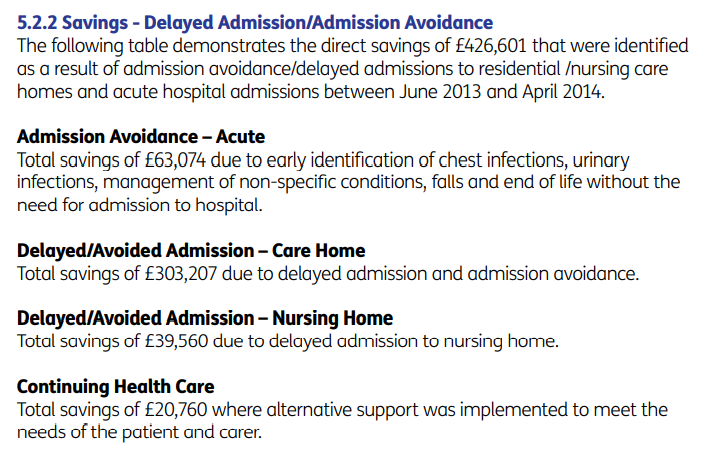
Some final thoughts, the last few years has seen a concerted effort by Dementia UK to increase awareness and reach of Admiral Nurses. They’ve extended the opening hours of their helpline services, increased the number of Admiral Nurses Clinics available, and increased the number of Admiral Nurses, particularly in underserved communities like BAME, people with learning disabilities and younger people. You can read more in their Dementia UK Annual Report 2021
ps – I forgot to mention one particular organisation – the Royal British Legion who work in partnership with Dementia UK to provide Admiral Nurses to Armed Forces families. Currently, they work in Lancashire, the West Midlands, Hampshire, Somerset, South Wales, Leeds, Bradford and the city of Liverpool.
So there you have it 9 Things you should know (but probably don’t) about Admiral Nurses!
(10 really, but who’s counting!!) Let me know if you have any more to share!

